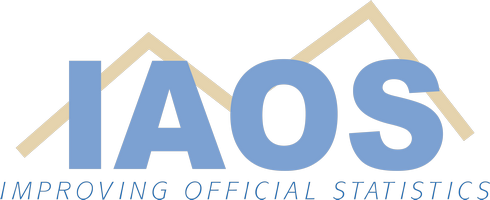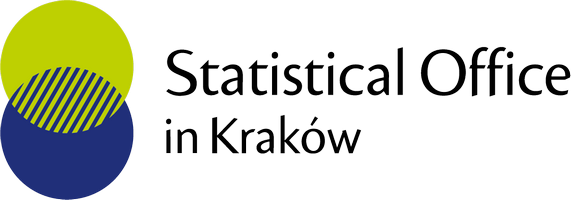| Organizer | Mr. Maciej Truszczynski | Denmark | | |
| Chair | Mr. Maciej Truszczynski | Denmark | | |
| Speaker | Mr. Maciej Truszczynski | Denmark | Data from non-traditional sources for the follow-up on the SDGs - are we on the right track?
| The session will investigate the current possibilities of following-up on the SDG with the use of non-traditional data. It will give examples of data used, describe latest developments in the field and outline possible future initiatives.
|
| Speaker | Mr. Stephen MacFeely | UN
| Using non-traditional data at WHO: trials and aspirations
| Today’s Digital Data Deluge is a by-product of the digital and communications revolutions. Not only are zettabytes of data being produced every day, the very concept of data itself has changed to include everything from text, video and sound. Despite this apparent abundance of data, WHO continues to struggle to produce basic global health metrics. Why is that? This presentation will deal with technical and political challenges facing a member state driven organization trying to use secondary data in an era of rising data nationalism.
|
| Speaker | Ms. Dilek Fraisl | Turkey
| Contributions of Citizen Science Data to SDG Monitoring and the Ghana Case Study | Citizen science, briefly defined as public participation in scientific research and knowledge production, offers a new solution and an untapped opportunity to complement traditional sources of data for monitoring progress towards the SDGs. This talk presents the potential offered by citizen science data to enhance official statistics to monitor several SDGs and targets. An example of the use of citizen science for SDG monitoring that will be highlighted in this talk is the Citizen Science for the SDGs project implemented in Ghana for monitoring SDG indicator 14.1.1b on plastic debris density.
|
| Speaker | Ms. Liliana Suchodolska | OECD – PARIS21 | Operationalising the re-use of citizen-generated data | As national statistical offices (NSOs) in low-and middle income countries struggle to collect and deliver timely data to inform COVID-19 crisis response, the reuse of existing alternative data sources offers an interesting solution for the NSOs under strain. PARIS21 has been supporting a number of NSOs in operationalising the re-use of citizen-generated data (CGD) produced by civil society organisations to close data gaps in SDG reporting. This presentation will feature lessons learned from PARIS21’s initial pilots, with examples from the Philippines, Kenya, and Ecuador including approaches to data quality assurance, ways of engaging civil society and key capacity development opportunities. |


